Browse our news
Read the latest news on university research, initiatives and successes.
-
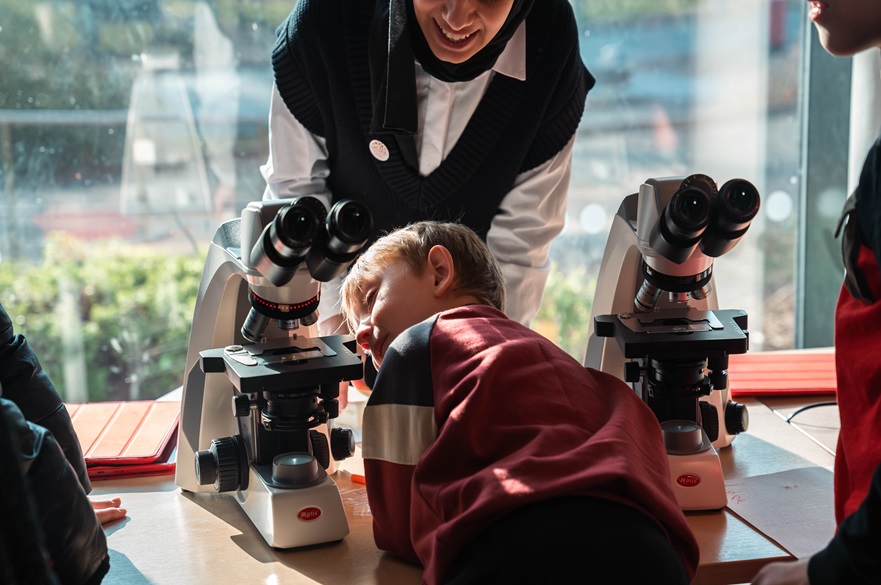
NEWS
Nottinghamshire Festival of Science and Curiosity marks a decade of discovery
31 January 2025Nottinghamshire Festival of Science and Curiosity (FOSAC) is back, bringing a week of free, hands-on science activities for young people and families this February half-term.
ntu.ac.uk/about-us/news/news-articles/2025/01/nottinghamshire-festival-of-science-and-curiosity-marks-a-decade-of-discovery
-
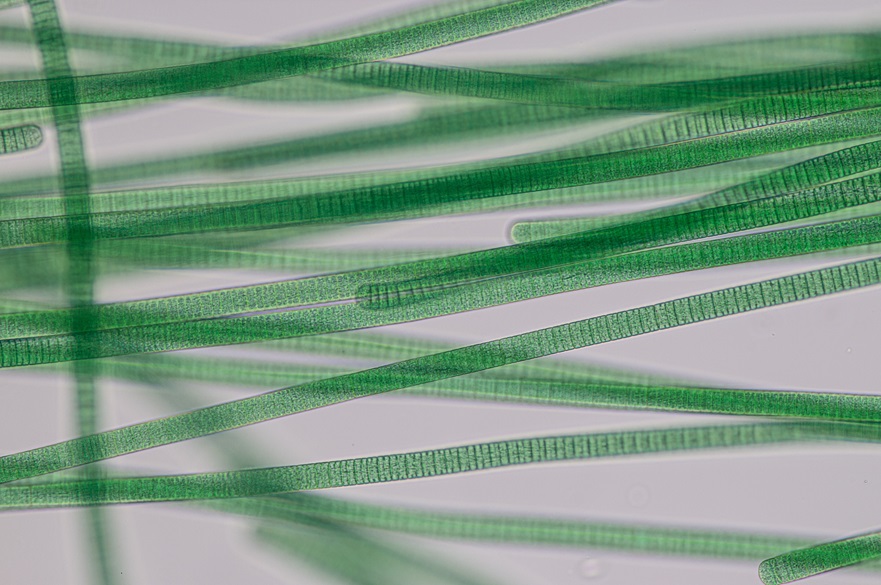
NEWS
Scientists unravel how ancient bacteria weave living mats – solving one of nature’s oldest mysteries
8 January 2025Scientists have uncovered how cyanobacteria — Earth's first photosynthetic organisms — self-organise into intricate living mats, offering insights into aquatic ecosystems and potential inspiration for material design.
ntu.ac.uk/about-us/news/news-articles/2025/01/scientists-unravel-how-ancient-bacteria-weave-living-mats-solving-one-of-natures-oldest-mysteries
-
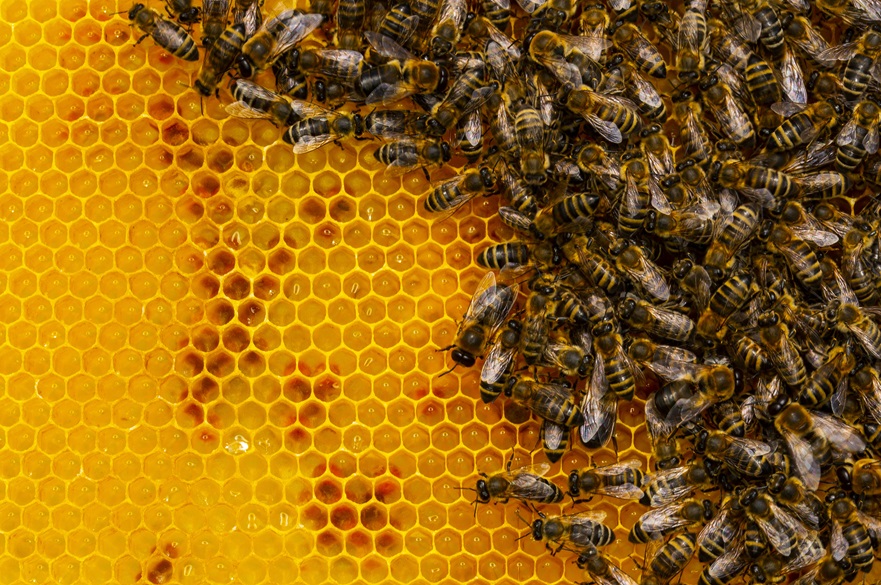
NEWS
Gentle tap to the hive can reveal health of honeybee colonies
4 March 2024The health of a honeybee colony can be determined by tapping the hive and listening to the bees’ collective response, a study has confirmed.
ntu.ac.uk/about-us/news/news-articles/2024/02/gentle-tap-to-the-hive-can-reveal-health-of-honeybee-colonies
-
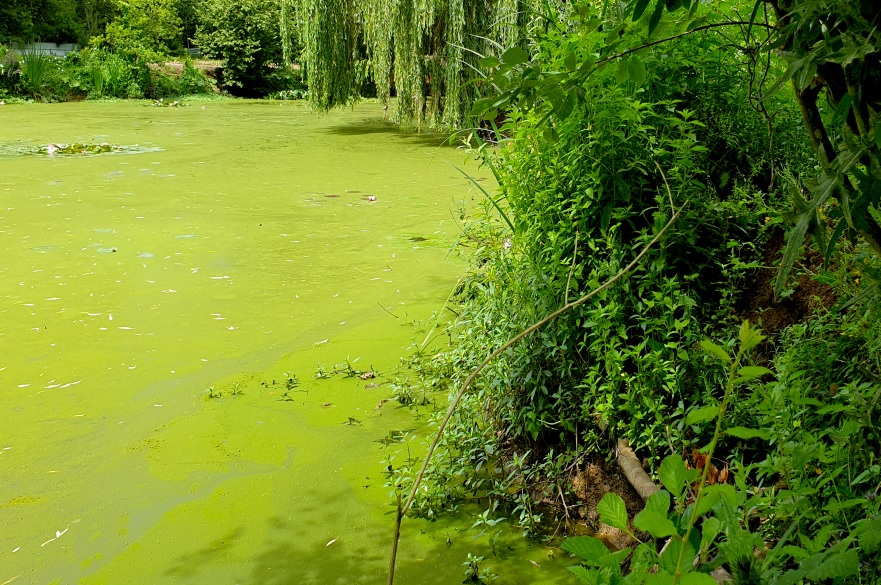
NEWS
Scientists explain unique formation of ancient algae that evolved photosynthesis and oxygenated our planet
13 October 2023Scientists have for the first time revealed how blue-green algae – visible as the slippery ‘green slime’ in stagnant water, riverbeds, and seashores – weaves itself into large weblike structures.
ntu.ac.uk/about-us/news/news-articles/2023/10/scientists-explain-unique-formation-of-ancient-algae-that-evolved-photosynthesis-and-oxygenated-our-planet
-
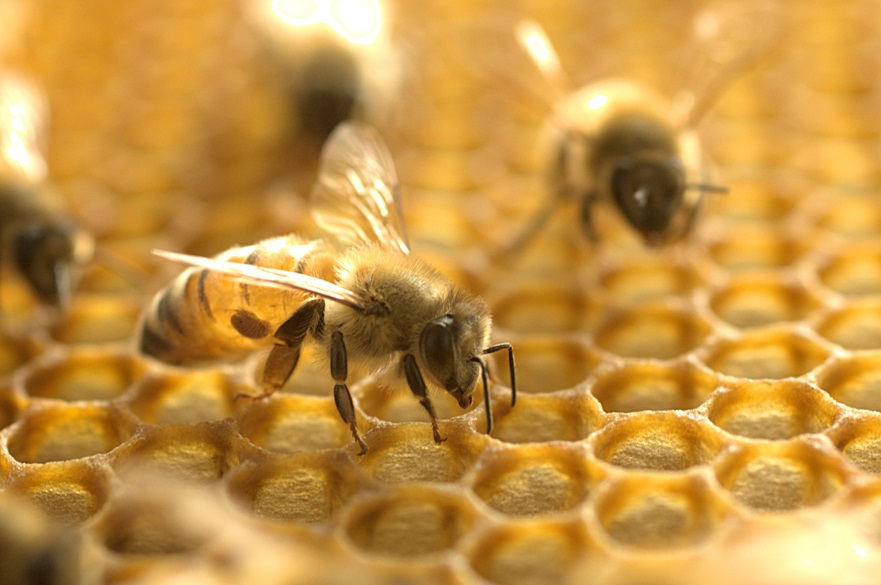
NEWS
Tiny honeybee parasite could be tripped up by its distinctive walk
10 July 2023A tiny parasitic honeybee mite has a distinctive walk, researchers have found – and by listening for the unique vibration caused by its stride pattern they hope it could help them spot if it is infesting a hive.
ntu.ac.uk/about-us/news/news-articles/2023/07/tiny-honeybee-parasite-could-be-tripped-up-by-its-distinctive-walk
-
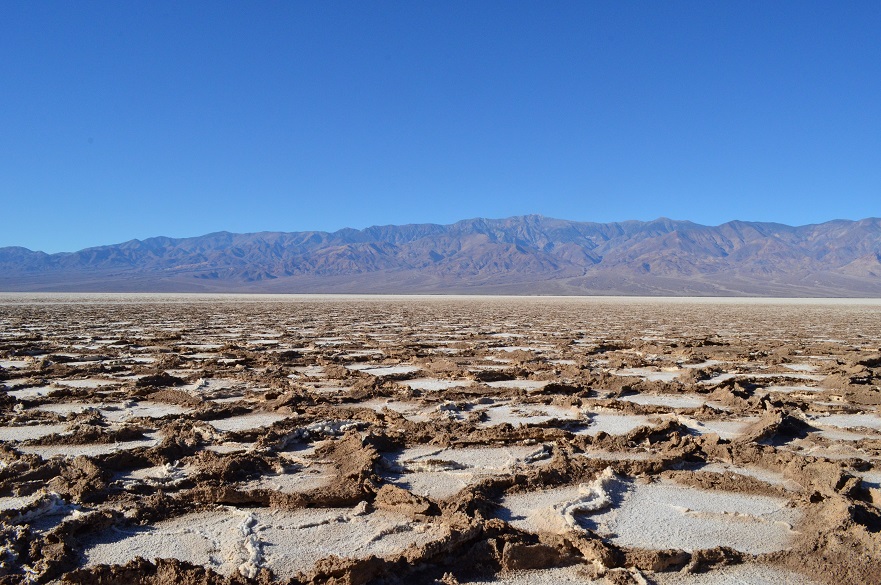
NEWS
Scientists solve mystery of salt deserts’ unusual honeycomb patterns
23 February 2023Researchers have for the first time been able to explain the origin of the mysterious honeycomb patterns found in salt deserts across the world.
ntu.ac.uk/about-us/news/news-articles/2023/02/scientists-solve-mystery-of-salt-deserts-unusual-honeycomb-patterns
-

NEWS
Physics Outreach Award
25 August 2022Winning the Santander Celebration Award is a great achievement. Read to find out about how Joey bagged herself a win at the Santander Celebration Awards 2022.
ntu.ac.uk/about-us/news/news-articles/2022/08/physics-outreach-award
-

NEWS
NTU Physics - Easter field trip photography competition
17 June 2022NTU Physics Easter field trip photography competition.
ntu.ac.uk/about-us/news/news-articles/2022/05/physics-field-trip-2022
-

NEWS
Top prize at the East Midlands Institute of Physics competition
6 April 2022Top prize at the East Midlands Institute of Physics competition.
ntu.ac.uk/about-us/news/news-articles/2022/04/top-prize-at-the-east-midlands-institute-of-physics-competition
-
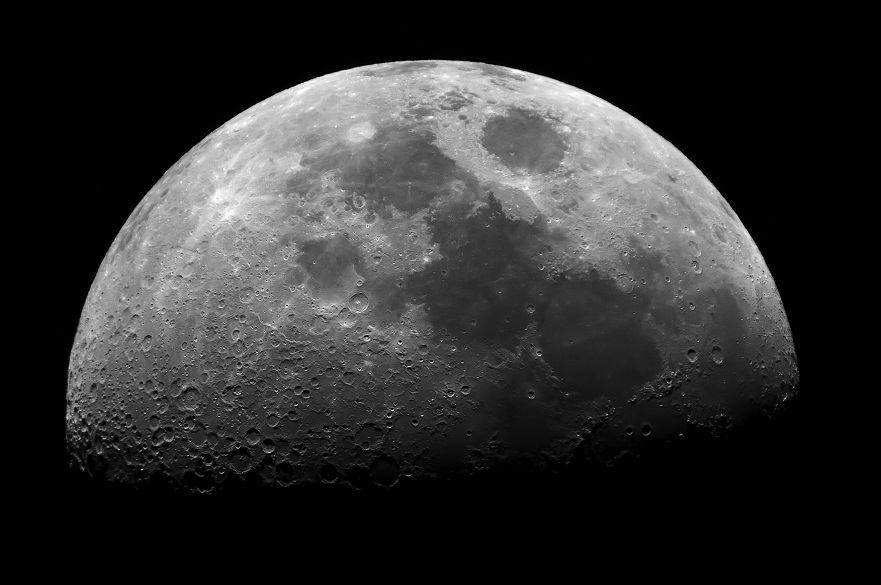
NEWS
Expert blog: The Artemis 1 lunar mission aims to establish a human presence on the moon – here are five locations in our solar system humanity could venture to in the future
9 February 2022Artemis 1 test launches later this year with the expectation that it will carry humanity back to the moon for the first time in 50 years. With the additional increase in private space exploration could we start seeing more missions taking humanity throughout the solar system?
ntu.ac.uk/about-us/news/news-articles/2022/02/the-artemis-1-lunar-mission-aims-to-establish-a-human-presence-on-the-moon-here-are-five-locations-in-our-solar-system-humanity-could-venture-to-in-the-future